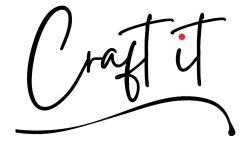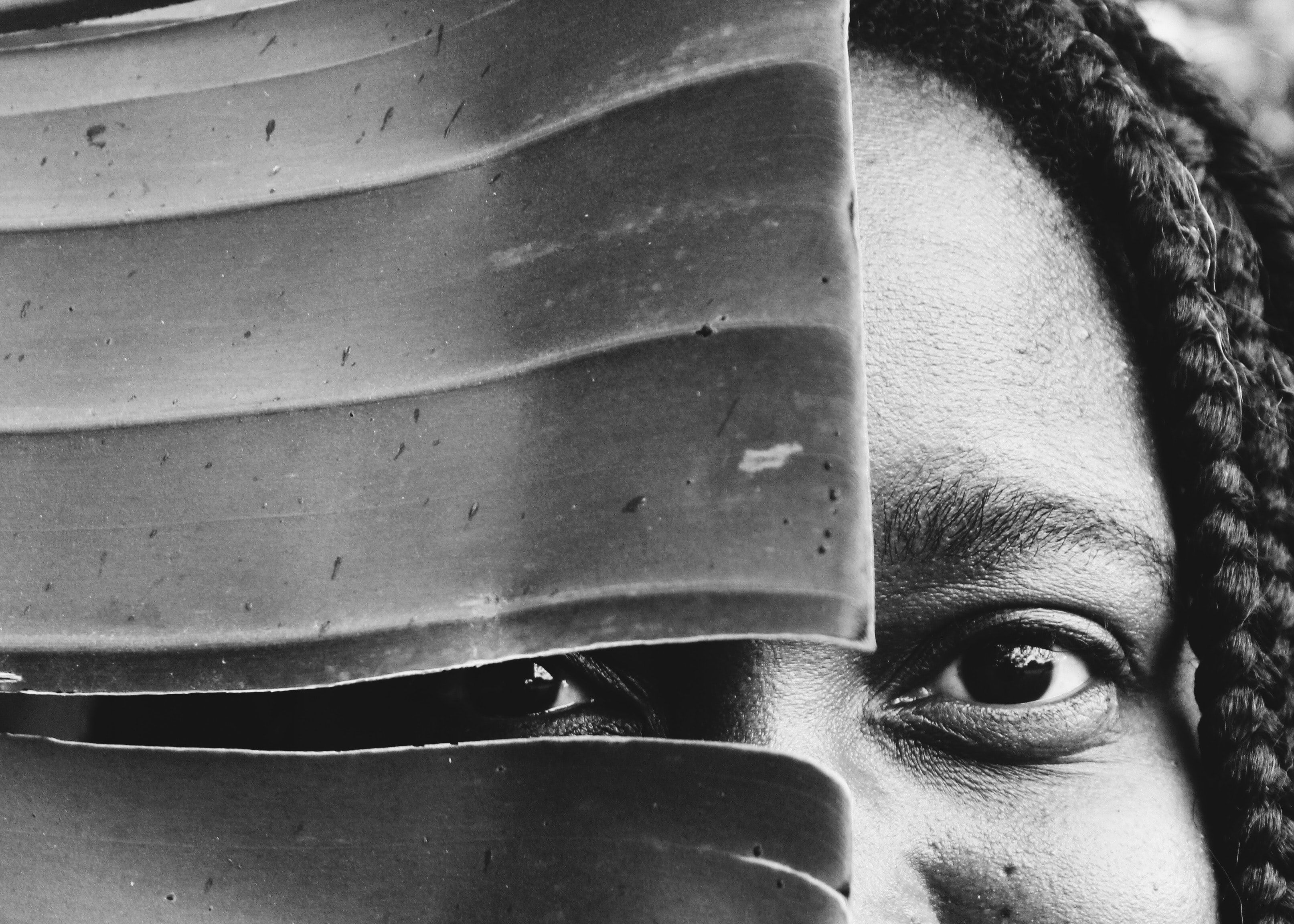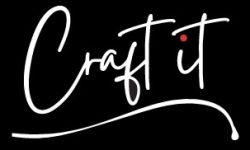BY BETT
The salon where I have my hair braided is your run of the mill kibanda salon.
There is no parking – basement, kanjo or otherwise. You park at the Catholic church nearby.
(This church never used to charge for parking because, surely, it is the Lord’s work, serving the good folk of Nairobi, particularly urban women like myself who want to get their hair braided and whatnot. But I suppose purse strings tightened from the pandemic and someone suggested to someone that this nonsense of extending your open palm for naught is akin to fattening a cow and not milking it. Now they charge a flat rate of 200 bob. Paid upfront. Non-metered, no parking tickets. No cash – you have to M-pesa this two sok directly to a number they give you at the gate.
The auditor in me shifted restlessly when I was told this. I asked the chick writing me a receipt why they don’t have a Paybill or Till number or some form of financial control. She said, “Hiyo ni namba ya pastor.” I chuckled. Rather, the restless auditor in me chuckled. So we are not really paying for parking, are we? We are financing some other cash-strapped arm of the business. And who said the Pastor redirects all the money there, anyway? Hm? He is human, after all, needs arise and with money pouring into his M-pesa often, surely he must have dipped his hand into that kitty, no?)
Anyway, you park your car here then walk to the salon. It takes about five minutes to get there. You will squeeze through more vibandas, vibandas that sell Ankara knits and funky jeans, baby clothes and athleisure, fresh beef and fried fish, and a bistro that whips up some killer home-style cooked chicken stew (I’m using the term ‘bistro’ here very loosely).
The atmosphere buzzes with efficiency and has that unmistakable smell of the blue-collar hustle.
You will stumble upon my hair salon amidst this melee. Kwa Emma or something, I forget the name. It’s one of the hundred other salons mushroomed here. And opposite these salons are stalls creaking under the weight of cheap knock-off beauty products.
These beauty stalls are a consequence of the salons. A by-product. Complementary products and services, as we learned to call them in business education in primo. Blue band in the supermarket sits next to bread. Sunlight detergent next to pegs. Condoms to liquor. Lodgos to night clubs. Slums sprouted near affluent neighborhoods because the domestic staff had to live close by.
I buy my braids here. And my eye pencil, Davis #40. And that Nice & Lovely gel which lays my edges right.
M-pesa booths are nestled at every corner, of course. What’s Nairobi without its M-pesa booths?
At my hair salon – like at any salon in this town – there are always hawkers peddling their wares. That’s because urban women at salons have gone there to spend money. And not just on hair and nails and anything related to beauty. We just have an itch to spend – these hawkers readily scratch that itch for us.
The hawkers at my kibanda salon peddle ripe bananas and poorly-printed story books for school children, dawa ya mende na ya panya, jikos, rungus and torches.
And there’s the toilet. How can I forget about the toilet? It’s another five minutes away from the salon. It has an entrance fee. Like in a club. You pay 10 bob before going in.
I’ve always believed that this 10 bob is for the tissue they give you at the door but last time I was there, I went with my own and the chick manning the tissues still asked for 10 bob. The restless auditor in me shifted yet again. I asked her why and she mumbled something evasive. What unsettled me isn’t that I had to run back to the salon to get a 10 bob coin from my wallet, it’s that I had considered talking my way out of paying it.
I only started braiding my hair last year. Year of the Covid-19. I’d had dreadlocks for a hot minute there, shaved them off because they thinned out and grew unhealthy, then I rocked that close-to-the-scalp hairdo for a while. I felt like a naive schoolgirl.
Braids and braiding techniques evolved while I was away. The braids are now lighter, less shiny and more natural-looking. And there’s a way they install the braids that keeps the tension away from the roots and preserves the hairline. The reason I go to this particular kibanda hair salon is because they have mastered this technique.
I go to a different one uptown for nails and face. The beauty salon. The salonists here may not have mastered this braiding technique but they have mastered the art of conversation. They don’t engage with us clients in a corrosive manner. Making offhand remarks – remarks aimed at camaraderie, observations and small talk – that are slowly killing us.
I remember the first time I walked in for an appointment on a loose Tuesday afternoon, a day I knew they wouldn’t be busy.
Before she starts work on my hair, the salonist drapes a towel around my shoulders then stands behind me to take a look at it, combing it with her fingers. She tells me the hair is short, yes, but there’s enough to braid, and eventually it will fill out. “Usijali, ipatie time. Itagrow na itajaa.” Strike one.
She parts the hair at the top of my hair and moves in closer for scrutiny. She uselessly points out that it’s balding, “Nywele inaisha hapa kati kati.” Strike two.
She conditions it, pats it with a towel then dries it off under the blow drier, low heat. She tells me after how fine and thin it feels. “Imekuwa kama ya paka.”
Lord in heaven.
She buys my braids from the stall next door and deftly preps them for installation. I am sitting there looking at her from the mirror and wondering if I will bleed to death from all her oblivious punches. I know I’m not being sensitive because I’ve seen other women shrink away from the carelessness of such wagging tongues.
I compose myself long enough to ask her how long it will take. She says, “Haitachukua muda. Kichwa yako ni ndogo.”
Haaha.
Kichwa ndogo.
I usually find this funny. Not because it is funny – or she’s funny – but because of the image it conjures in my mind. The simplistic thinking behind it, I mean, surely, how does the size of someone’s head translate to the volume of their hair? Me I have a small head. Like a praying mantis.
Anyway, she gets on with braiding while I read from my Kindle and bandage my bleeding wounds. She wraps it up after three hours, and by some miracle she manages not to say any more damaging remarks. Admittedly she’s done a bang up job with the braids; she knows it, I know it, the praying mantis looking back from the mirror knows it too.
Now it’s time to get my eyebrows threaded.
The chick who does it is summoned in. The eyebrow technician. She charges in like a bull. She asks me to lay my head back on the pillow. She stands over me, squinting, because she’s struggling to find the eyebrow growth that needs to be threaded. I hear her sigh, “Ni kidogo sana.”
I don’t know how to respond to that. I don’t know whether to ask her if we should get some help in here so we can locate them, probably pull in the experts who are good at seeing things that can’t be seen with the naked eyes? Maybe we should get her the Hubble telescope?
She does her thing, it takes a few minutes. I almost collapse when I pull my head up from the pillow and look in the mirror. She’s threaded everything right off my face. I appear pissed off and deranged at the same time. Hard on the eyes.
I scoff.
This is the ultimate punch. The final strike. The TKO.
I am now a praying mantis with no eyebrows.
18



I want to pity you, but how can I? I’m your fellow praying mantis! Let’s laugh, crying is for the nights when we can’t sleep when the braids are too tight.
Hahhaa hahaa. This is the stuff of memes
“Imekuwa kama ya paka” …………..this line has me laughing out loud.